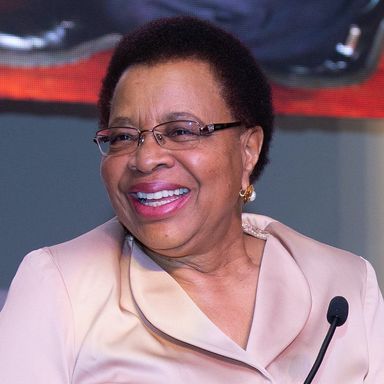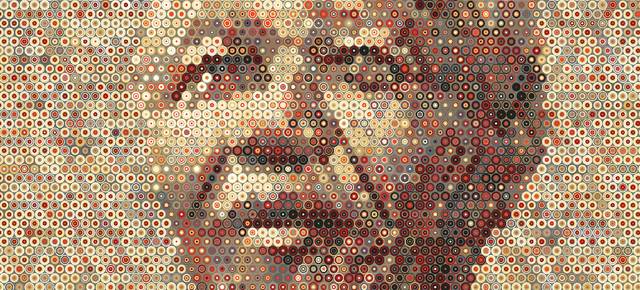
The Äänit Prize supports initiatives that can deliver positive social impact for Africa’s most marginalised populations. The competition is open to alumni of the Mandela Rhodes Scholarship and the Rhodes Scholarship.
We seek businesses or non-profit projects that will deliver social impact, that are feasible and sustainable prospects, and that are run by people with the capability to succeed.
This year, the prize will fund up to $100,000, and we are expanding the scope to also recognise alumni who are driving innovative, impactful work within existing organisations, in the non-profit, for-profit or hybrid sectors. We believe meaningful transformation can happen at every level, and this evolution of the prize reflects our commitment to celebrating African innovation wherever it is found.
See how to apply“Nelson Mandela really believed in the potential of young people. He believed that if we invest in young people and their dreams and ideas, we will see an acceleration of the transformation of the continent. We are therefore so excited to be launching the Äänit Prize.”
— Judy Sikuza, CEO
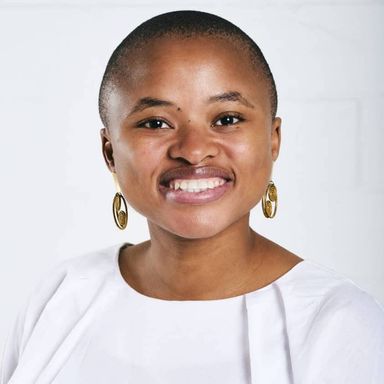
Sunday Ochai, Fama Jallow and Kenechukwu Ikebuaku are the winners of the 2025 Äänit Prize, The Mandela Rhodes Foundation’s award for social impact in Africa. Sunday Ochai (Nigeria & University of Pretoria, 2019) received $60 000 while Fama Jallow (Gambia & Stellenbosch University, 2023) and Kenechukwu Ikebuaku (Nigeria & University of the Western Cape, 2014) received $19 000 each. Finalist Ntsako Mgiba (South Africa & University of Cape Town, 2018) received $1000 in recognition of the considerable effort it takes to enter the competition.
Read the press release · Meet all the 2025 finalists

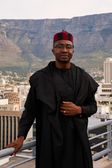
EduRise supports conflict-affected Nigerian children with accelerated education, menstrual health and peacebuilding initiatives. In a country where over 18 million children are out of school and 43% are engaged in child labour, the venture restores dignity, builds resilience and demonstrates that education is a critical key to breaking cycles of poverty and displacement.

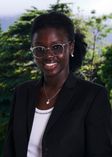
Hisia is a climate intelligence venture using AI, satellite data and low-cost environmental sensors to deliver real-time insights to smallholder farmers, NGOs and governments. It makes localised climate data accessible even in regions with limited connectivity, through tools like SMS, USSD and LoRa-based networks. Its AI platform, Akili, provides timely information on soil conditions, crop health and weather risks through early warning systems and disaster preparedness, helping vulnerable communities improve food security and build resilience against climate risks.


With over 375 million young people expected to enter the workforce by 2030, many in countries where youth unemployment exceeds 40%, Mozisha is empowering young Africans with training and mentorship to bridge the youth unemployment gap. Its apprenticeship programme equips learners with real-world experience, preparing them for a fast-changing global economy.

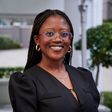
Vambo AI is a cutting-edge platform seeking to bridge language barriers in Africa by offering multilingual AI solutions (including translation, transcription and content generation) for better communication to empower education, business and governments. Headed up by Chido Dzinotyiwei (Zimbabwe & University of Cape Town, 2018), Vambo AI falls under the technology and data impact area.

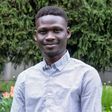
Ismail Dumutu’s (South Sudan & University of Cape Town, 2022) venture Asili is in the agriculture impact area. Asili empowers smallholder South Sudanese farmers to reduce post-harvest losses by transforming surplus fruit into organic snacks at fair prices that provide vital income.
Winners of the 2024 Äänit Prize
Read the press release · Meet all the 2024 finalists

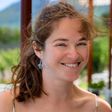
Amathambo AI aims to address Africa's healthcare challenges by using artificial intelligence to optimise resource allocation. Their initial focus is on automating and improving staff rostering systems, which can reduce wait times, enhance health outcomes, and boost staff satisfaction. By using machine learning to predict patient loads, they will match staffing levels to demand. The team, comprised of experts in African health systems and machine learning, is excited about the potential of bottom-up interventions to improve healthcare across the continent.

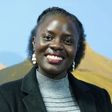
A major cause of maternal deaths in Uganda is Post-partum hemorrhage (PPH); a condition marked by excessive blood loss. This can be promptly diagnosed and managed with the use of timely and accurate blood loss estimates after childbirth. Misreading the amount of blood lost and the time-consuming implementation of available solutions in clinical settings with low midwife-to-patient ratios have been primarily blamed for the delay in PPH diagnosis. As a result, our team designed the Smart Post-Partum Hemorrhage Volumetric Drape (SMART PVD) device to empower midwives to manage PPH with evidence-based decisions while increasing their productivity and ultimately saving mother’s lives.
Winners of the 2023 Äänit Prize
Read the press release · Meet all the 2023 finalists

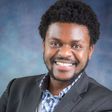
Hutano aims to save lives by developing better, faster testing technology for diagnosing dangerous diseases in resource-poor contexts.


The Do More Foundation brings the public and private sectors together to improve early childhood development outcomes.


Khantša Energy aims to “light up Lesotho” by bringing renewable energy to remote, impoverished areas.


Little Dreamers Foundation runs an affordable preschool in the under-serviced neighbourhoods of Budidiro Cabs, Zimbabwe.
Winners of the 2022 Äänit Prize
Read the press release · Meet all the 2022 finalists


Winner of the 2021 Äänit Prize
Rewoven diverts textile waste from landfill by collecting it from source and recycling it into new fabric. Rewoven's manufacturing process uses 99% less water and generates 50% less CO2 emissions than normal production processes. The fabric has the same look and quality as fabric made from virgin fibers.
Entrants must be Mandela Rhodes Alumni (any year from 2005 onwards) or Rhodes Scholar Alumni (from 2005 onwards).
Entrants must demonstrate that they are contributing (or will contribute) to one of the below impact areas in Africa.
Entrants must be founders, co-founders or members of the executive team of the business or organisation which they are entering.
Non-Profit and For-Profit initiatives are both eligible. Initiatives at different stages of development can apply.
Successful candidates will be expected to stay with their projects for two years from the time of the award.
We are interested in 10 impact areas which support the UN's Sustainable Development Goals and are particularly important in the African context.
“It’s important to focus our minds on business being linked to society’s needs, instead of just being about profit regardless of whether the impact is positive or negative. We are moving to an era where business has to be part of the solution to our problems. That’s probably what Madiba would have told us to do.”
— Mo Ibrahim, Former Trustee
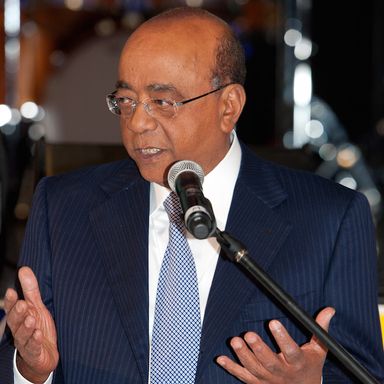
Applications are closed. Watch this space!
“Our vision for entrepreneurship in Africa stems from our mandate to address inequality and contribute to the achievement of true equality. We know that innovative and creative individuals can make a significant difference to the lives of people across the continent.”
— Professor Njabulo S. Ndebele, Former Chairman of the Board of Trustees
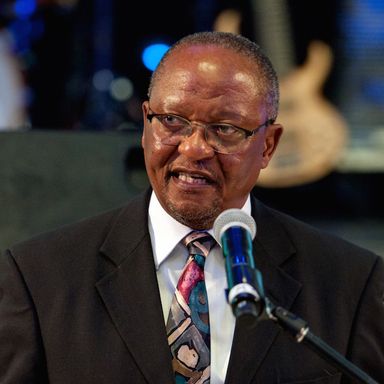
Äänit means “common work” or “joint effort” in the language Koalib, a minority language spoken in Sudan. This name speaks to our belief in coming together to take collective responsibility for Africa’s future. It was also chosen to highlight our continent’s linguistic diversity.
No, but the project or initiative you are entering into the competition must be based in Africa.
The Mandela Rhodes Scholarship’s first Class was chosen in 2005. Limiting the number of Rhodes Scholars to those from 2005 onward contributes towards parity in the pool.
That’s okay! We accept entries from candidates at the ideation stage. Visit the “entry categories” section for more information.
The prize is a once-off award of up to $100,000.
Winners will be asked to identify monitoring and evaluation criteria for their projects and share them with the MRF bi-annually for a period of two years. The MRF can ask for an update on your project annually for up to five years.
None, other than the reporting requirements outlined above.
“I am delighted to hear about the Äänit Prize because I know that there are many talented young people in the Mandela Rhodes and Rhodes Scholar Alumni communities with brilliant ideas, who can make those ideas come to fruition with the right funding and support.”
— Graça Machal
